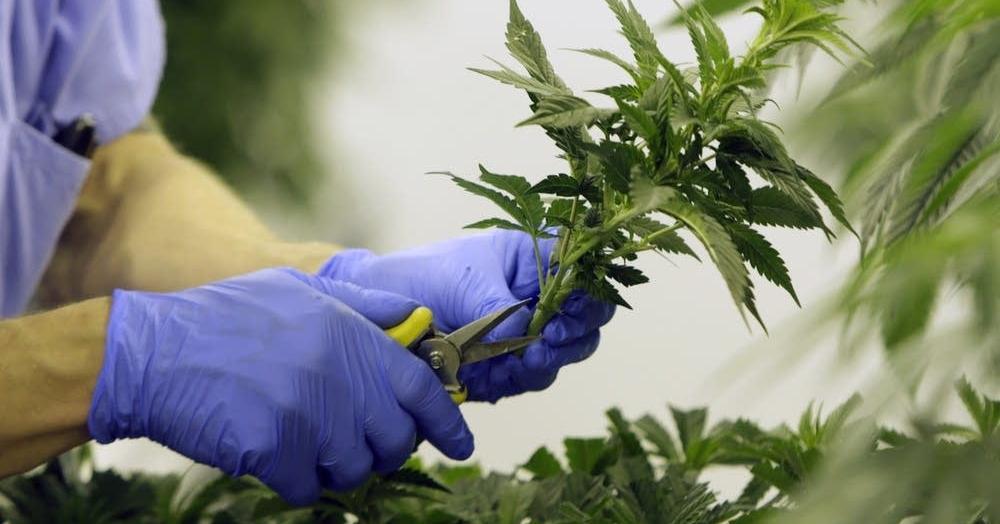Investing in green means supporting companies and organizations that put efforts into environmental cleanup, management, and preservation. In addition, these investments offer financial rewards.
Look for a dispensary that has accreditations and certifications. These add credibility and help a business stand out from the competition. They also prove that the company adheres to industry standards and safety requirements.
Cost
A dispensary is the middle link in the cannabis supply chain that provides end consumers with safe and legal access to quality-tested marijuana products. It also offers customer service, a vital component of the marijuana business. Dispensaries require a significant amount of startup capital to purchase and outfit facilities. This includes security systems, climate control, and other amenities. They may also need to invest in POS software and inventory procedures.
Another cost to consider is employee training and onboarding. This is important to ensure employees understand company policies and how to handle and store cannabis products properly. Dispensaries should also budget for additional payroll taxes and compliance costs.
For example, 280E taxes can add up quickly. This tax applies to any gross receipts from the sale of marijuana but can be reduced using a formula that includes the cost of goods sold. Tax rates vary by state, and some counties or cities may levy a local excise tax on top of that.
Quality
A budtender is an employee who engages dispensary visitors, processes transactions, and educates consumers. They may be a licensed pharmacist, medical doctors, nurse practitioners, or other health care professionals. They must be able to assess cannabis products for safety, efficacy, and potency. They also need to know about state regulations, consumer expectations, and the latest trends in cannabis products.
A naming convention is how a dispensary names its products. This is important for inventory compliance, especially in states that require a shipping manifest. Using a standardized naming system helps prevent misbranding. It also ensures that a dispensary always runs out of product and gains revenue.
The 420 name references the time of day and April 20th or 4/20. This is a holiday for cannabis consumers, and it can be a good opportunity for a dispensary to reach peak sales. It also makes sense that a dispensary would want to advertise its best products during this time.
Reputation
The reputation of a cannabis dispensary is one of the most important aspects to consider when investing in this industry. Choosing the best dispensaries in Chicago offers diverse, high-quality cannabis products, catering to varied preferences and needs while providing a reliable and knowledgeable customer experience.
A good reputation can help a new business grow and attract more customers, while a bad one can have the opposite effect.
To grow their businesses, dispensaries need a stable source of capital. This can be achieved through private equity funding, venture capitalists, or personal loans. Private equity funding involves lending money to a company in exchange for a significant stake. Venture capitalists are wealthy investors interested in helping small companies grow, and they can be found in every industry.
Despite being federally illegal, most dispensaries are required to operate on a cash-only basis because banks refuse to provide services to them due to their legal status. In addition, credit card processing fees are expensive and can add up quickly. This can make it difficult for owners to keep their doors open and to pay their bills, salaries, and taxes.
Location
The first step in opening a cannabis dispensary is finding the right Chicago location. You can start by looking at your jurisdiction’s zoning codes, which will show you areas that are allowed or not for commercial use. You should also pay attention to the attitude of residents toward marijuana and its use.
Getting started with a dispensary can be expensive. Startup costs can quickly run into the hundreds of thousands of dollars, especially in states that require extensive capital investments. Moreover, most banks won’t lend money to dispensaries because of the federal prohibition on cannabis. Therefore, you will have to raise the funds yourself.
Dispensaries accept various payment methods, including cash, ACH, cryptocurrency, and point-of-banking transactions. They may also offer delivery services. For example, some cannabis shop in Chicago provides a pizza-style delivery model that looks like it would at a traditional pizza spot. However, these services have yet to become widespread.







